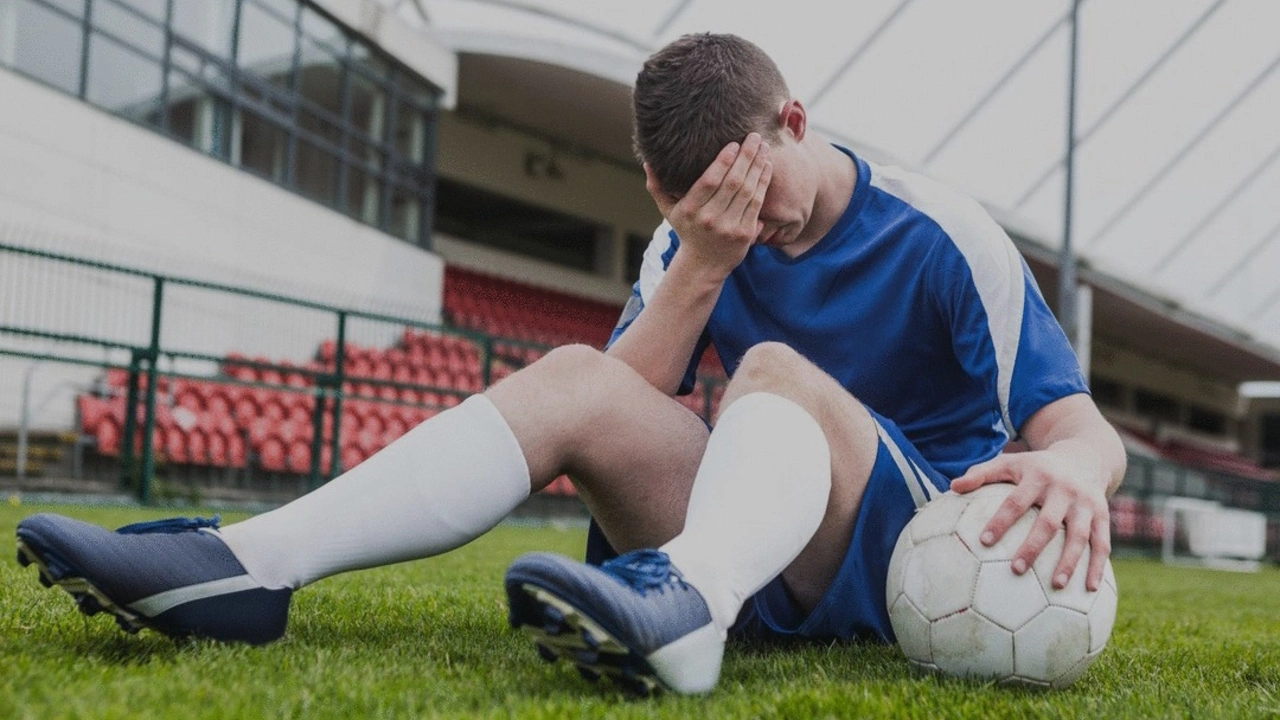Sudden death in soccer players can be caused by a range of factors. The most common cause is undiagnosed heart conditions, such as hypertrophic cardiomyopathy, that can lead to sudden cardiac arrest on the field. Other potential causes include severe head injuries, heat stroke, or dehydration, especially if the player is pushed beyond their limits. It's important to note that such incidents, while tragic, are relatively rare. Ensuring regular medical check-ups, wearing protective gear, and staying hydrated can help mitigate these risks.
Sports Health Tips for Football Fans – Boost Performance and Stay Injury‑Free
Whether you play on a Sunday league pitch or just love cheering from the stands, staying healthy makes the game more fun. Here’s a no‑nonsense guide that covers what you eat, how you train and how to recover so you can keep enjoying football without the aches.
Eat Right, Play Right
The first thing most people overlook is nutrition. A balanced plate of carbs, protein and healthy fats fuels your muscles and brain. Before a match, grab a quick bowl of oatmeal with fruit – the carbs give you energy, while the fruit adds antioxidants that help fight inflammation. After the game, aim for a protein‑rich snack like Greek yogurt, a boiled egg or a lean turkey wrap. Protein repairs muscle fibers that break down during sprinting and tackling.
Hydration is another easy win. A simple rule: drink about 500 ml of water two hours before you play, sip every 15 minutes during the match, and top up with an electrolyte drink if you’ve sweated a lot. Dehydration can cause cramps and slower reaction time, which you definitely don’t want when the ball is in the box.
Smart Training and Injury Prevention
Warm‑up properly. A 10‑minute routine that includes light jogging, dynamic stretches like leg swings and hip circles gets blood flowing to the right muscles. Skip the static stretches before you start – they’re better saved for the cool‑down.
Focus on core strength. A strong core stabilises your spine and improves balance, reducing the risk of groin pulls and lower‑back strain. Planks, side‑planks and bird‑dogs are all you need and take less than five minutes a day.
Don’t ignore rest days. Muscles grow and repair when you’re off the field. If you feel sore, give yourself at least 48 hours before you hit the pitch again. Light activities like walking or swimming keep blood moving without adding stress.
Recovery Hacks That Actually Work
After a hard game, cool down with a few minutes of slow jogging followed by static stretches. Stretch each major muscle for 20‑30 seconds – it helps keep flexibility and eases tension.
Use foam rolling for tight spots. Spend a minute rolling out your quads, calves and glutes. It feels a bit uncomfortable at first, but it breaks down scar tissue and speeds up recovery.
Sleep is your secret weapon. Aim for 7‑9 hours of quality sleep each night. During deep sleep, growth hormone spikes and repairs any micro‑damage done during training.
Finally, listen to your body. If a pain feels sharp or keeps coming back, see a physiotherapist. Early treatment prevents a minor tweak from turning into a long‑term injury.
Staying healthy doesn’t have to be complicated. Simple nutrition tweaks, proper warm‑ups, core work and solid recovery habits keep you on the pitch and enjoying the game longer. Keep these tips in mind and you’ll feel stronger, move faster and avoid those painful setbacks that ruin a good season.
